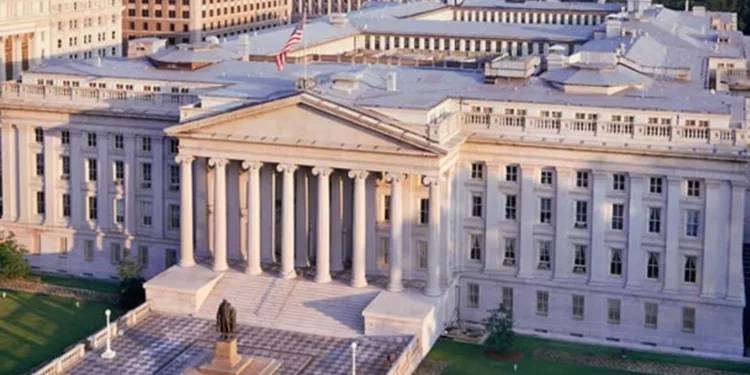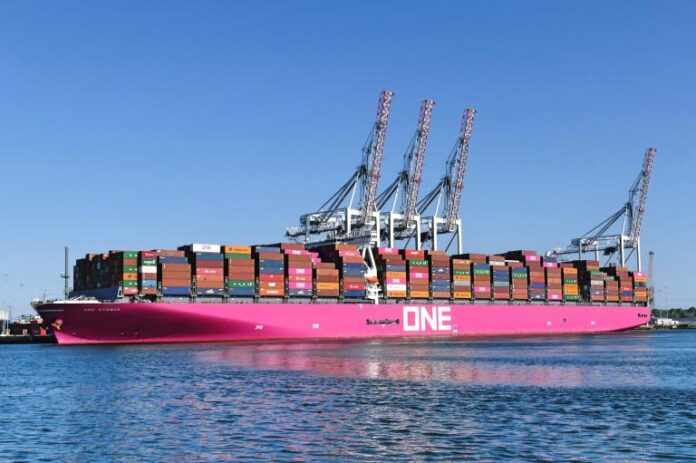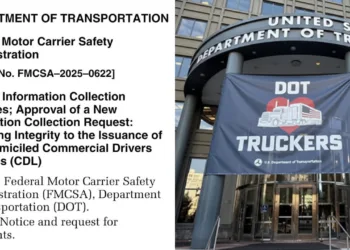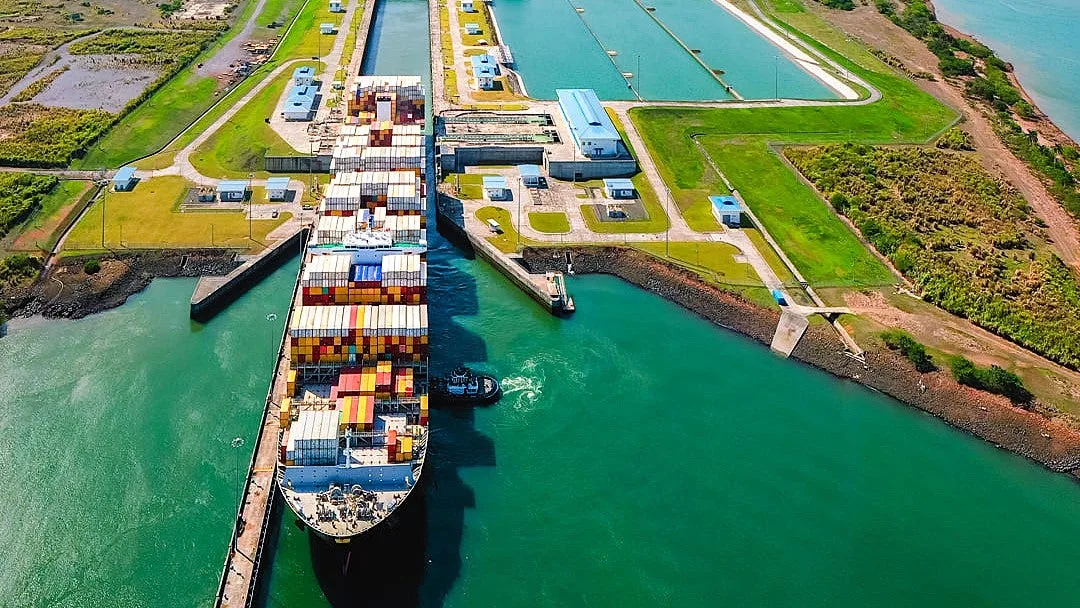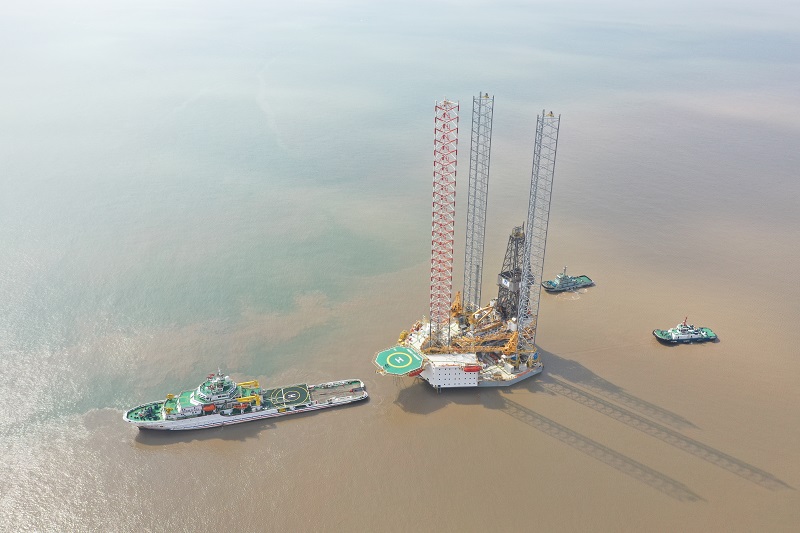The US has imposed sweeping sanctions on a vast network tied to Iran’s oil and gas exports, blacklisting more than 50 individuals and entities and identifying more than 30 vessels linked to shipments of sanctioned crude and LPG — including one of China’s largest import terminals.
The Treasury Department’s Office of Foreign Assets Control (OFAC) said the measures, announced on Thursday, target a web of companies controlled by Mohammad Hossein Shamkhani, son of senior Iranian political advisor Ali Shamkhani. The younger Shamkhani allegedly used his family connections to build a global shipping empire that has moved Iranian and Russian oil worth tens of billions of dollars.
In its largest Iran-related action since 2018, the US also sanctioned the Rizhao Shihua Crude Oil Terminal, a key Chinese import hub handling around 9% of the country’s total crude volumes. The facility, based in Shandong province, has received multiple cargoes from vessels operating in Iran’s so-called “shadow fleet”, Washington said.
The list of sanctioned ships includes six VLCCs, eight MR tankers, one LR1, eleven VLGCs, and several smaller gas and chemical carriers. Many are linked to Dubai- and Marshall Islands-based front companies that OFAC says helped obscure ownership and operations connected to Tehran.
“This action exposes how the Iranian regime’s elites exploit their positions to fund destabilising activities while enriching themselves,” Treasury Secretary Scott Bessent said in a statement, adding: “We’re cutting off this network from the international financial system and putting the global maritime sector on notice.”
Among the entities sanctioned are UAE-based Marvise SMC, Armada Global Shipping, and Crios Shipping — firms accused of managing and operating dozens of tankers under complex ownership structures to conceal ties to Iran. The network was also alleged to have shipped oil and dual-use goods between Iran and Russia in exchange for petroleum cargoes.
The US also sanctioned Shandong Jincheng Petrochemical Group, an independent refinery in China that has reportedly imported millions of barrels of Iranian crude via shadow fleet vessels.
The move marks the fourth round of sanctions targeting Chinese refineries accused of facilitating Iran’s energy exports, and comes amid renewed US pressure on global buyers to avoid Iranian oil ahead of potential escalation in the Middle East.
According to OFAC, the newly designated network used multiple layers of ship managers, offshore shell companies, and false documentation to mask the origin of cargoes. Several vessels in the network are said to have switched off AIS signals or altered bills of lading while loading in Iranian waters.
The latest sanctions underscore Washington’s focus on maritime enforcement as Iran continues to rely on a shadow fleet of ageing tankers to move crude and gas to Asia despite ongoing restrictions.



